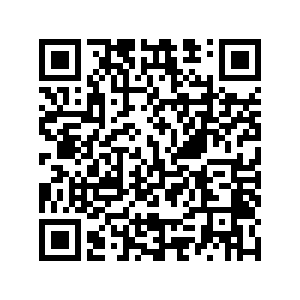JUBA, Aug. 30 (Xinhua) -- South Sudan's Ministry of Health backed by the World Health Organization (WHO) said Tuesday it has trained more than 200 healthcare workers to help bolster disease surveillance and response in the country.
The healthcare workers were trained on how to use an early warning, alert and response system (EWARS) in more than 20 counties in South Sudan to optimize its use to support surveillance, alert management, outbreak response, and laboratory data and management.
John Rumunu, director-general for Preventive Health Services at the Ministry of Health, said the aim of the training was to improve real-time detection and prompt response to disease outbreaks and other health emergencies.
"Given the current humanitarian setting in the country, an effective disease surveillance system is essential to detecting disease outbreaks quickly before they spread," Rumunu said in a joint statement issued in Juba, the capital of South Sudan.
EWARS is a web-based system designed to improve disease outbreak detection in emergency settings.
The East African nation is experiencing multiple disease outbreaks and floods, thus increasing the risk of transmission of infectious diseases and other health conditions such as severe malnutrition.
Fabian Ndenzako, acting WHO representative for South Sudan, said infectious diseases can cost lives and become difficult to control if they are not detected and responded timely. "With generous World Bank funding, we are strengthening EWARS reporting by training healthcare workers countrywide," Ndenzako added.
The EWARS project was rolled out in 2017 to all 80 counties of South Sudan, with the second phase of the rollout further decentralizing data collection and alert management down to the health facility level from 2019 to early 2020.
According to WHO, before the rollout of EWARS in South Sudan, the integrated disease surveillance and response (IDSR) weekly reporting rates were as low as 30 percent, far below the target of 80 percent. Following the completion of the EWARS rollout to the health facilities, however, the reporting rates have improved and surpassed the target of 80 percent on completeness and timeliness of weekly IDSR reporting. ■
